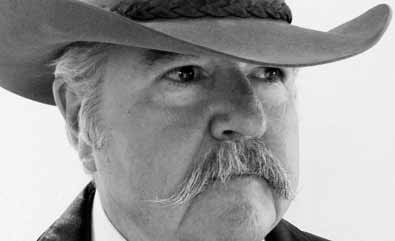Lawmakers in Carson City are attempting to play Pontius Pilate and wash their hands of one of their responsibilities.
Assembly Joint Resolution No. 10 proposes to revise the Nevada Constitution and set up a Citizens’ Commission on Salaries for Certain Elected Officers that would have the power to determine the salaries for lawmakers, statewide constitutional officers and judges. It also would change the current practice of paying lawmakers for only the first 60 days of the biennial 120-day regular sessions and the first 20 days of a special session. AJR10 would require compensation for each day of regular and special sessions.
The commission would be made up of two members appointed by the speaker of the Assembly, two appointed by the majority leader of the Senate, two named by the governor and one by the chief justice of the Supreme Court.
The commission would be allowed to increase salaries during an elected official’s term of office, but not diminish it. It would not be permitted to increase or decrease salaries by more than 15 percent.
Now, what makes us doubt that such a duly appointed panel would ever decrease the salaries for the very people who appointed them to such an august body?
Resolution sponsor Republican Assemblywoman Vicki Dooling testified that compensation has been a concern of lawmakers for 30 years and that an advisory panel on salaries was created in the mid-1990s, but it now has no members and is inactive. She noted former Gov. Kenny Guinn created a compensation task force to “ensure that highly qualified persons can continue to serve our citizens.”
That task force was to compare the duties and pay of public officials with those in the private sector. She did not say what the results were.
Dooling pointed out that April 2 was the 60th day of the session and lawmakers do not get a salary thereafter, though they do get reimbursed for expenses. She said it is difficult for officials to have a serious and fact-based discussion about their own compensation, because too many interest groups criticize and bring pressure. “They regard this as self-serving and fail to recognize the amount of time and effort it takes to serve our fellow citizens,” she said.
Republican Assemblyman David Gardner also testified for AJR10. He said about half the states have such commissions to establish salaries. “The main idea is to say we as legislators should not be setting our own salaries,” he said, adding, “I agree with Assemblywoman Dooling, it’s always awkward to be saying, ‘I want to vote myself a raise.’”
Both Dooling and Gardner were elected in November and presumably knew what the salary would be.
Perhaps they recall what happened in 1989 when lawmakers voted to increase their pensions by 300 percent — from $25 a month per year of service to $100 a month per year of service. That was a pittance compared to potential 15 percent pay raises.
But the voters were outraged and Gov. Bob Miller called lawmakers into a special session at which the pension hike was repealed unanimously in a two-hour session.
‘’It’s over,’’ Gov. Miller said upon signing the repeal. ‘’The action is in the best interests of the taxpayers of the state because the possibility of future payments at that inflated 300 percent level no longer exists.’’
Miller had vetoed the original pension bill, but legislators overrode the veto.
Since it is an amendment of the Constitution, AJR10 would have to be voted on by the citizens. But there is no need to go that far. Lawmakers should have the courage to vote on salaries and let the voters decide at the next election if they deserved the pay or not. — TM


